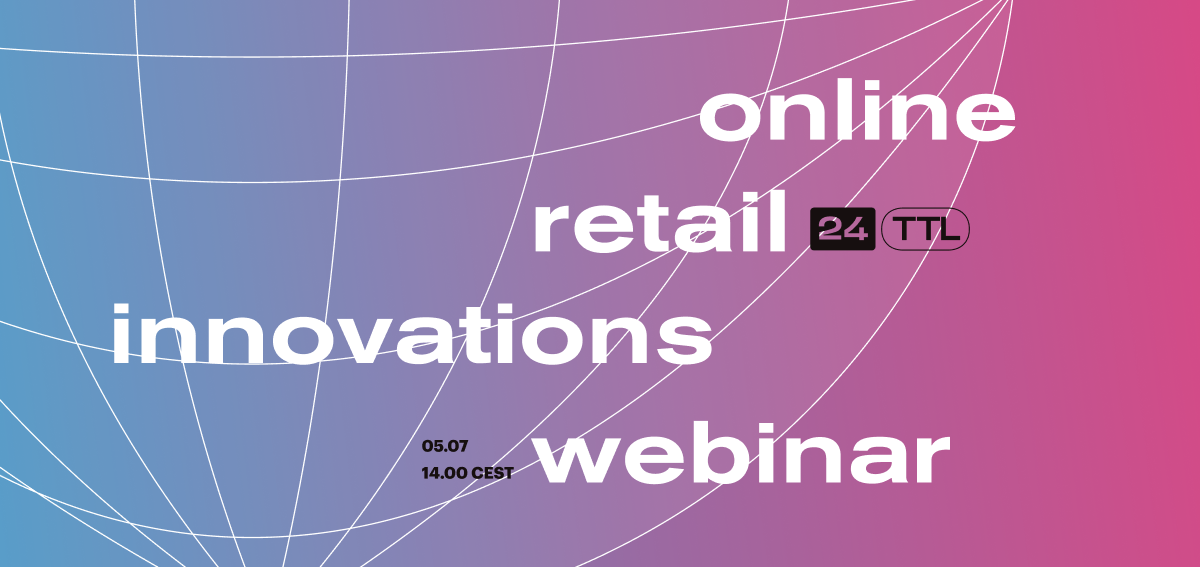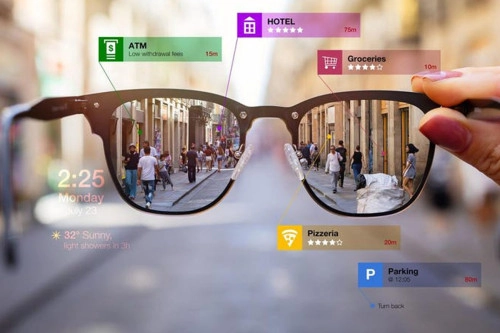
Generation Z is the most interesting yet hard to comprehend audience for e-commerce. Some of its representatives are already solvent, but most of them are just getting ready. Today we’ll analyze their shopping habits and how to adapt to their tastes and improve the shopping experience.
Let’s start with the basics: who are these Gen Z kids? And are they still kids at all?
They were born between 1997 and 2012, the youngest being ten and the eldest 25 y.o.. While that’s a huge age range for their life stages, for stores looking to connect with Gen Zers — who have a spending power of $143 billion and accounted for about 40% of global consumers in 2020 — it’s clear that retailers and brands need to invest in researching how this new generation shops, often disrupting traditional channels and funnels. One of the biggest issues to overcome will be the rise of more direct-to-consumer (D2C) and e-commerce brands, who can provide a more intimate and personalized experience for shoppers.
To market this generation effectively, it’s important to understand why they behave the way they do. Here are a few insights from Pew Research:
- Gen Zers grew up during the Great Recession of 2008–2009
- Half of them have lost, or someone in their household lost, a job or took a pay cut during the COVID-19 pandemic
- They are highly educated, therefore more likely to be enrolled in college and to have a college-educated parent
- Share similar values with Millennials on the major issues of today
When it comes to their shopping habits, eMarketer found that Gen Z and Millennials share a similar strategy. They go to a wide-ranging selection of resources to gain information about products and do research before deciding, including through their personal social network, online videos and influencers. This is a result of their digitally connected lives, bringing several important trends to the retail market, among them:
- Payment by electronic wallets
- Active use of the Internet
- Chat-bots and voice assistants
- Gamification
Generation Z relies heavily on people they trust, such as the personal recommendation of family and friends, to drive their product discovery. Social media plays a large role in their purchase decision — eMarketer shows that 46% said they purchased a product they saw on their social channels.

eMarketer also notes that while Gen Z was prone to a hybrid style of shopping before the pandemic, the purchasing step has moved mostly online, because they want their shopping experience to be smooth. That means they want it to be simple to research, purchase and return a product if necessary.
Specifics of marketing to Generation Z
Z’s are known to avoid risks and have a hard time making a choice when there are too many options, which contradicts the concept of modern marketing — dazzling the public with hundreds of products.
Another feature of Generation Z is the habit of constantly switching between information channels and looking for new sensations, which means that this audience will not be watching one-dimensional advertising. To succeed, you need to produce a lot of different content, work closely with the influencers, use hypes and rich media to attract their attention.
How They View Marketing
AdWeek reported that 8% of Gen Z’s feel seen by marketers. Why?
According to AdWeek’s very same study, when it comes to marketing, 78% of Gen Z’s are skeptical of commitments brands say they are making on the issues of today. They also want to make a positive impact on the world, so they’ll be loyal to brands that stack up to their ideals and prove their worth.
They also remember when brands mess up. Marketers need to lead the charge in helping their brands own up to their mistakes and to make it right if they don’t want to lose this audience. Authenticity is a major player here, which means being real about the good and of any potential missteps of the brand.
How to target Gen Z in 2022? Trends and tips

Here are a few tactics for reaching and connecting with them in an impactful and lasting way:
Unique visual content — Not only are they attracted to visual content such as video, they also want it to be unique to the platform they have chosen. They picked a platform for the specialized experience it provides, so it’s not enough to create one video and post it on all platforms. Rich content can be a great ally if used right, with brands citing increases of 34% in engagement on their websites, so make sure to find a good online merchandising solution and build a good graphic design team.
Build a community — Considering the importance they place on collaboration and non-hierarchical leadership, creating a community where they can connect with like-minded individuals will elevate your brand. To begin, engage with consumers in ways their voices are heard — posting interactive polls or soliciting feedback from your audience during product development are great ways to build community.
Authenticity and brand personality — Just like the millennials before them, Gen Z’s want authenticity with their brand engagement. They want to see behind the curtain, so to speak. Marketers can highlight the people and process behind the brand, this could also include sharing your brand’s take on a variety of social justice initiatives. Also, Gen Zers want brands to be bold, have a strong voice, and a personality, so don’t be afraid to make waves. This will help create a deeper and more lasting relationship with Gen Z, because they are much more inclined to vote with our dollars, and believe a brand’s values are a reflection of our own.
Be interactive — Gen Z likes to participate and engage with brands they follow. Some level of interactivity such as polls, user-generated content (UGC) opportunities, swiping, tapping to select an option or other type of interaction will catch their attention.
Influencers — Ideally, your brand should be authentically integrated into the influencer’s content and identity, so no more generic posts allowed. Influencers require their own strategy, and we recommend you to view it more as a partnership than just a placement.
Sights Set on Gen Z
Marketing directly to Gen Z has become increasingly important as their spending power continues to grow. Brands that want to target this generation will create long-lasting and meaningful relationships by creating content that is visually appealing and unique to each platform. This includes creating a strategy specific to influencers. By engaging in an authentic, interactive and timely way, brands can target Gen Z and start earning their attention and dollars.



















